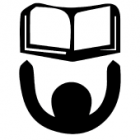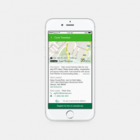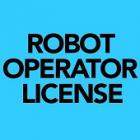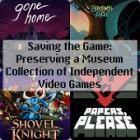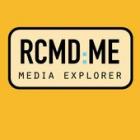
RCMD:ME, A Media Explorer
Before RCMD:ME, media recommendation services solely recommended media based on user’s preferences within the same media type. For example, GoodReads recommends books to users based upon other books they like. However, there are no recommendation platforms which bridge multiple media forms--such as someone who likes The Road might want to find musical artists, movies, and books that other users who like this book also like (e.g. 67% of people who like The Road also like Apocalypse Now). We have developed a recommendation service which has created a new way to find relationships between different forms of media that are otherwise unknown. Our service allows artists to gain exposure in a way that respects independent artists and strengthens ties between print and digital media. With RCMD:ME, users are able to find new media more easily, decreasing wasted time and frustration, and ultimately improves the media discovery process holistically.



